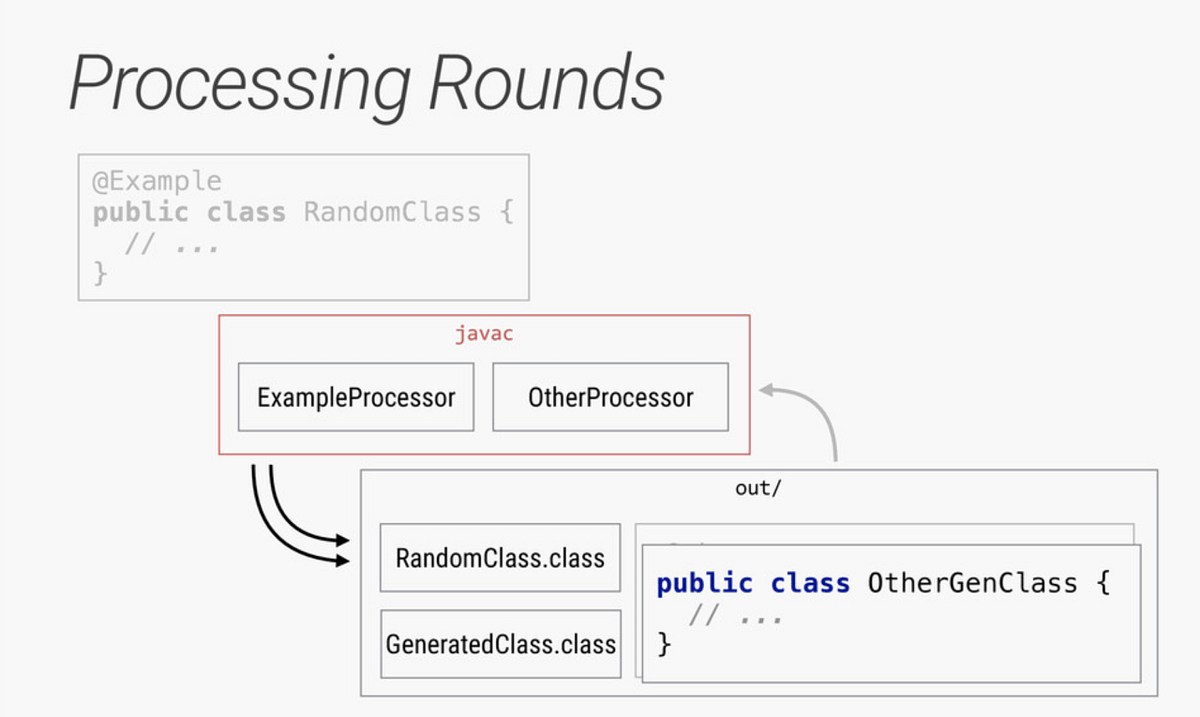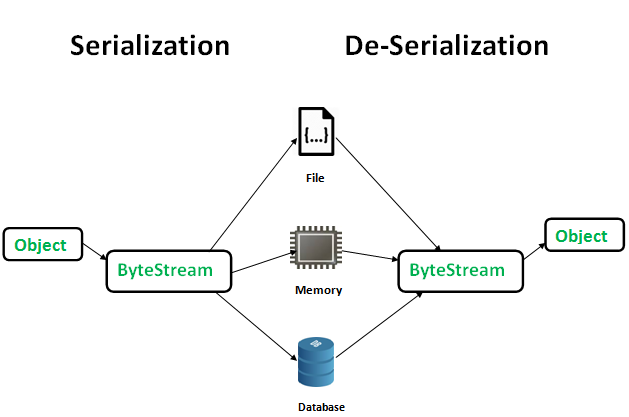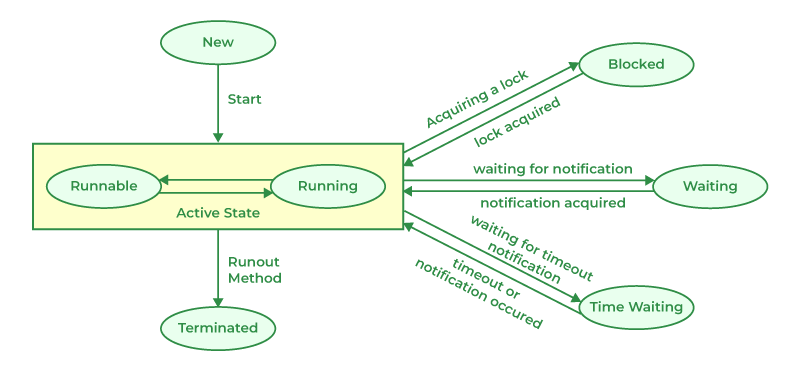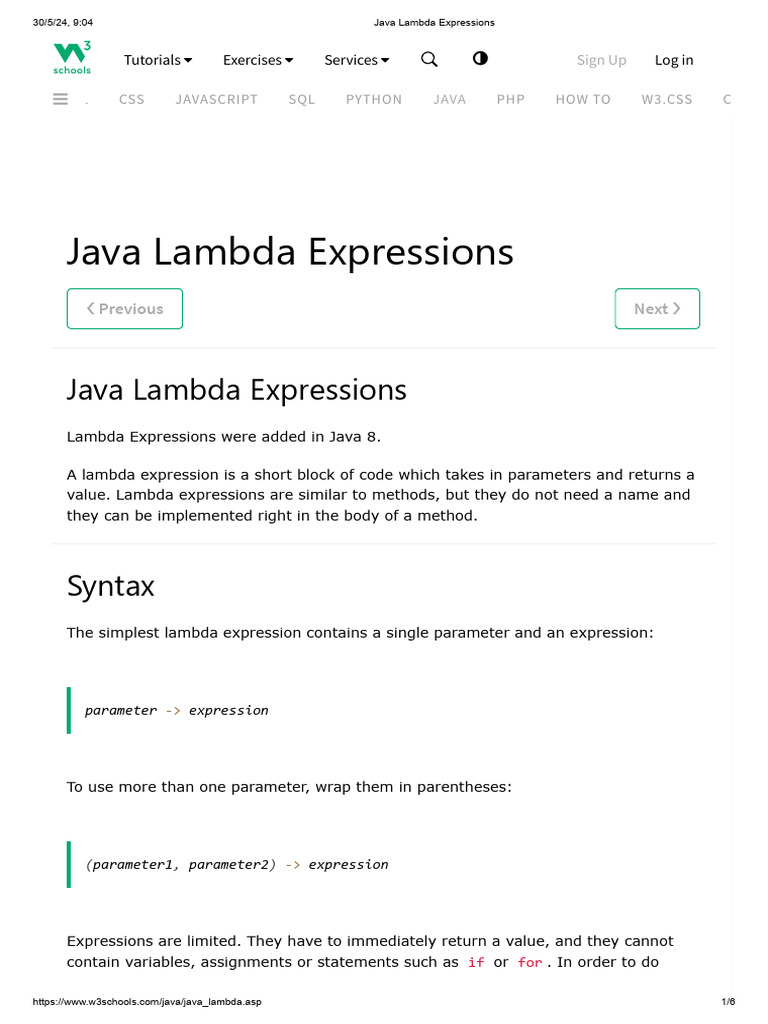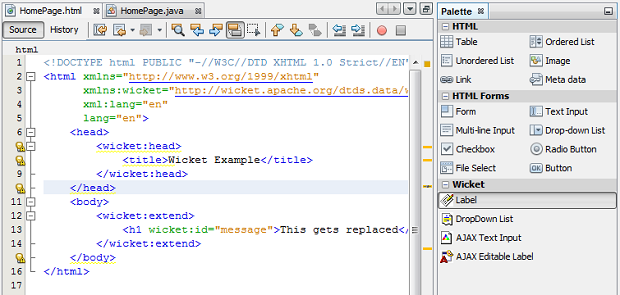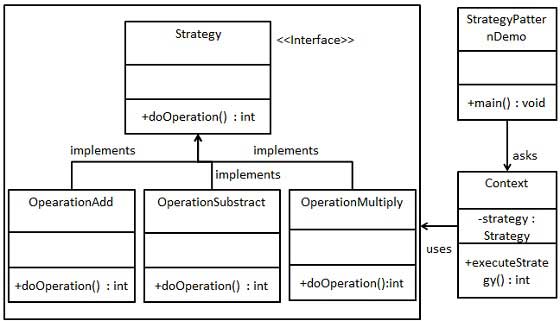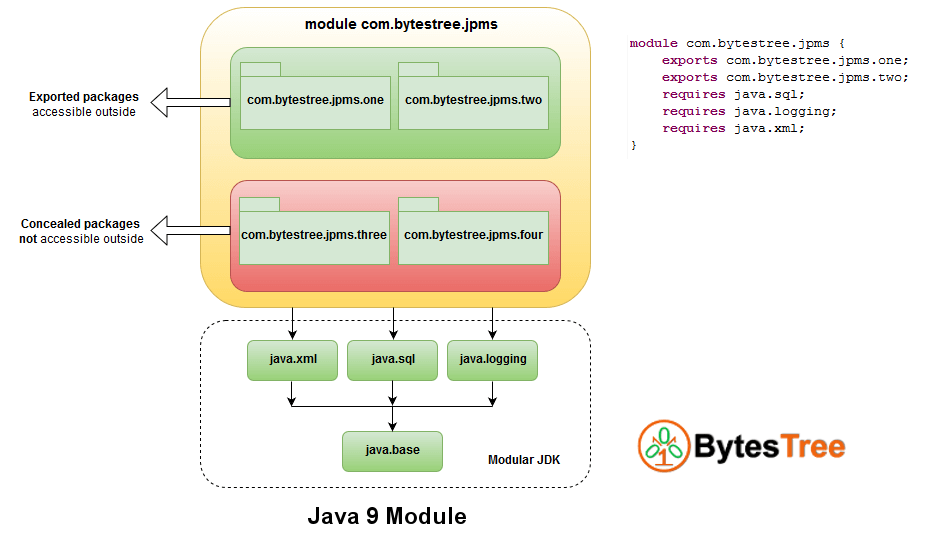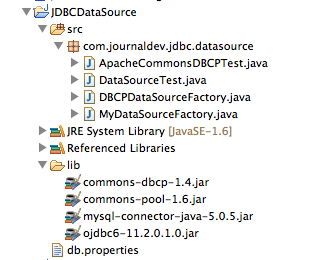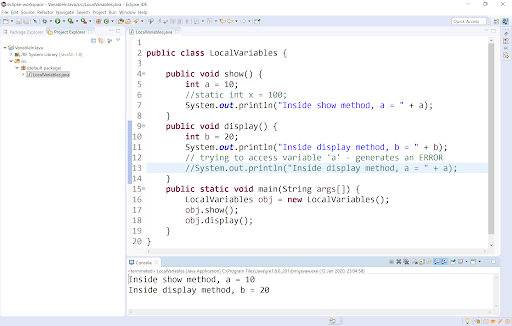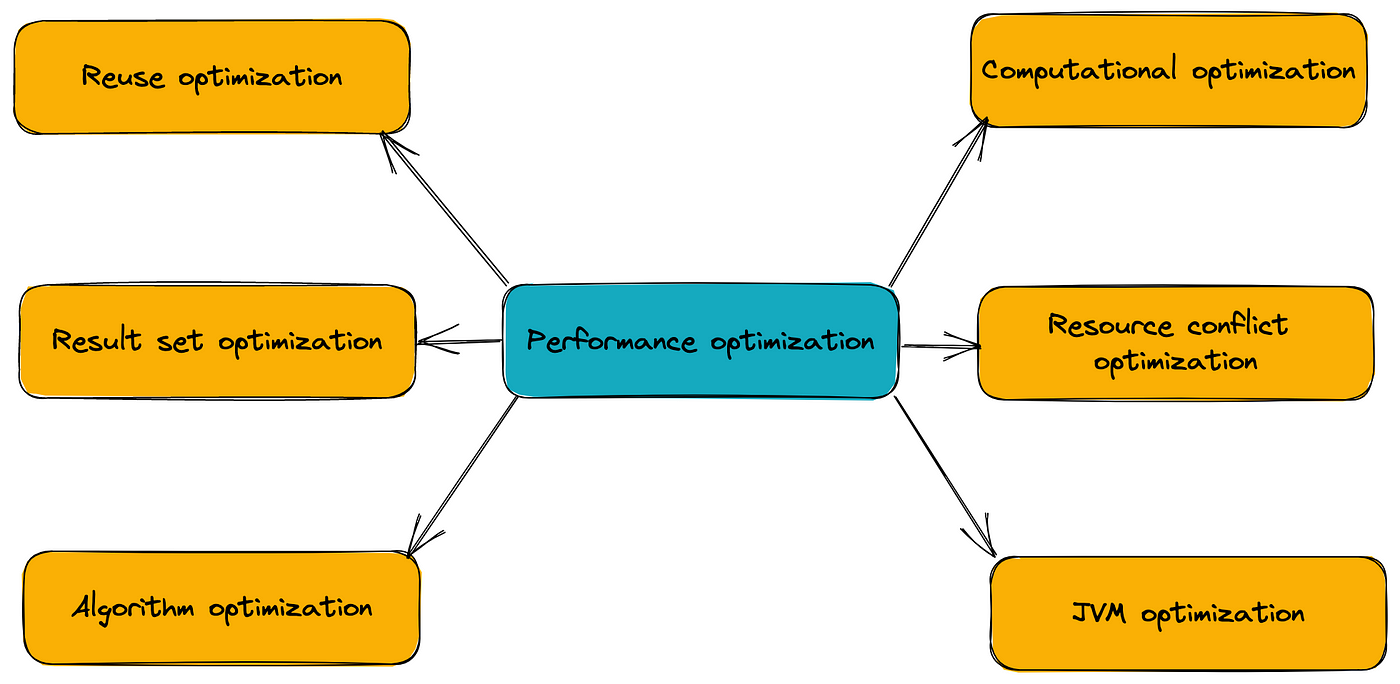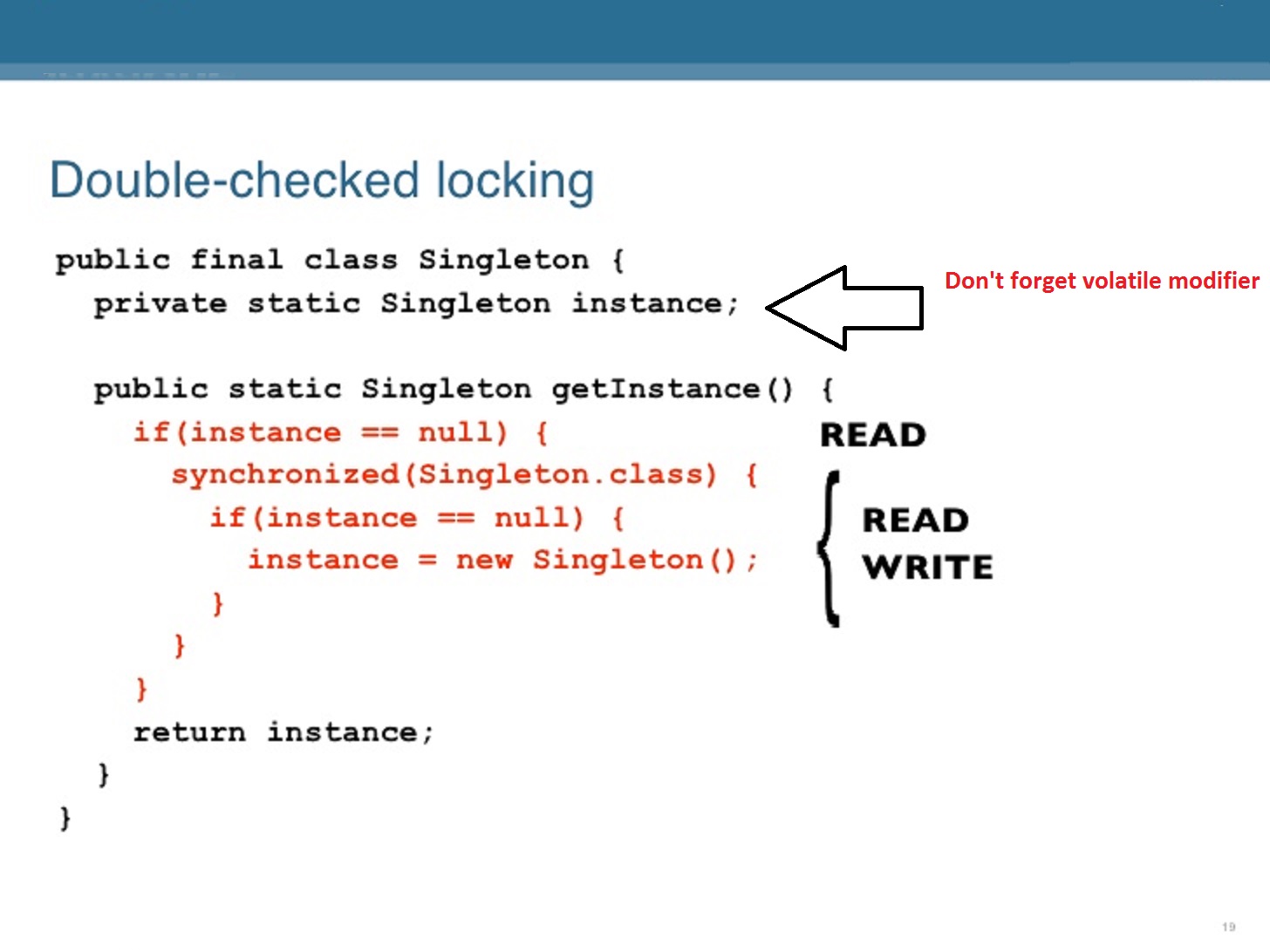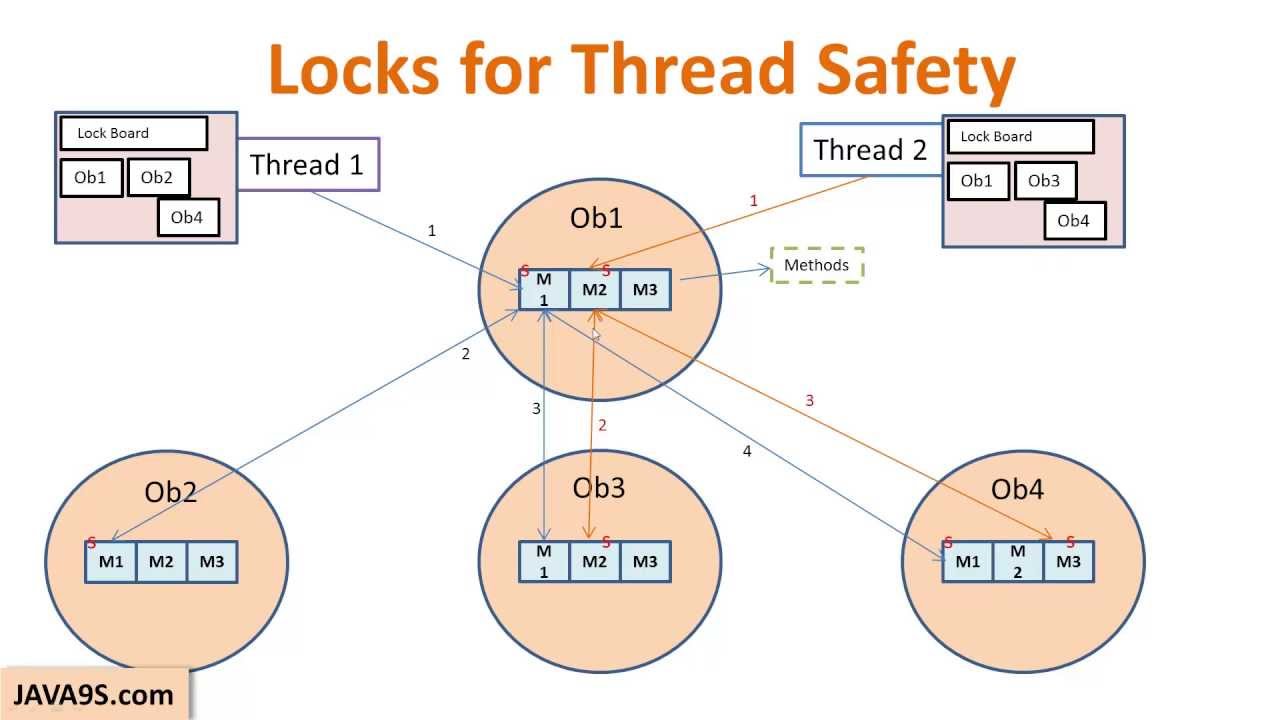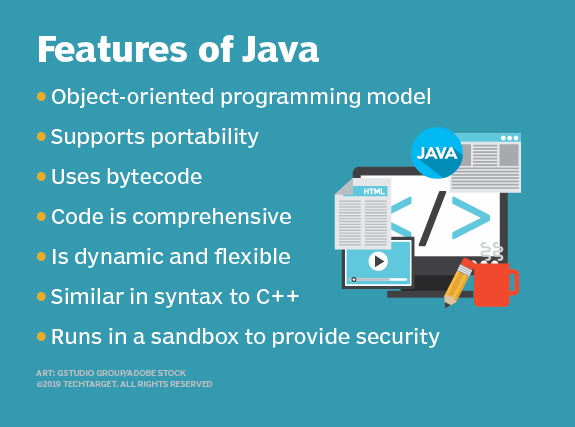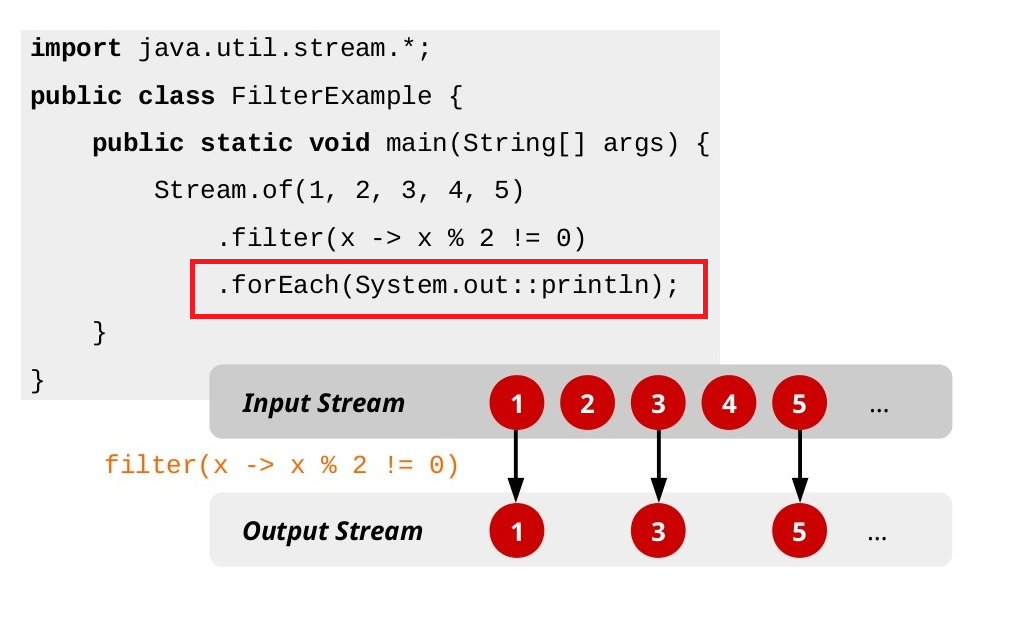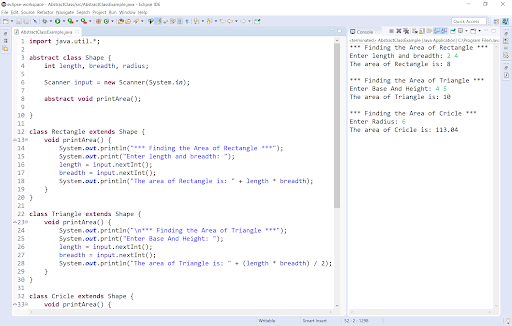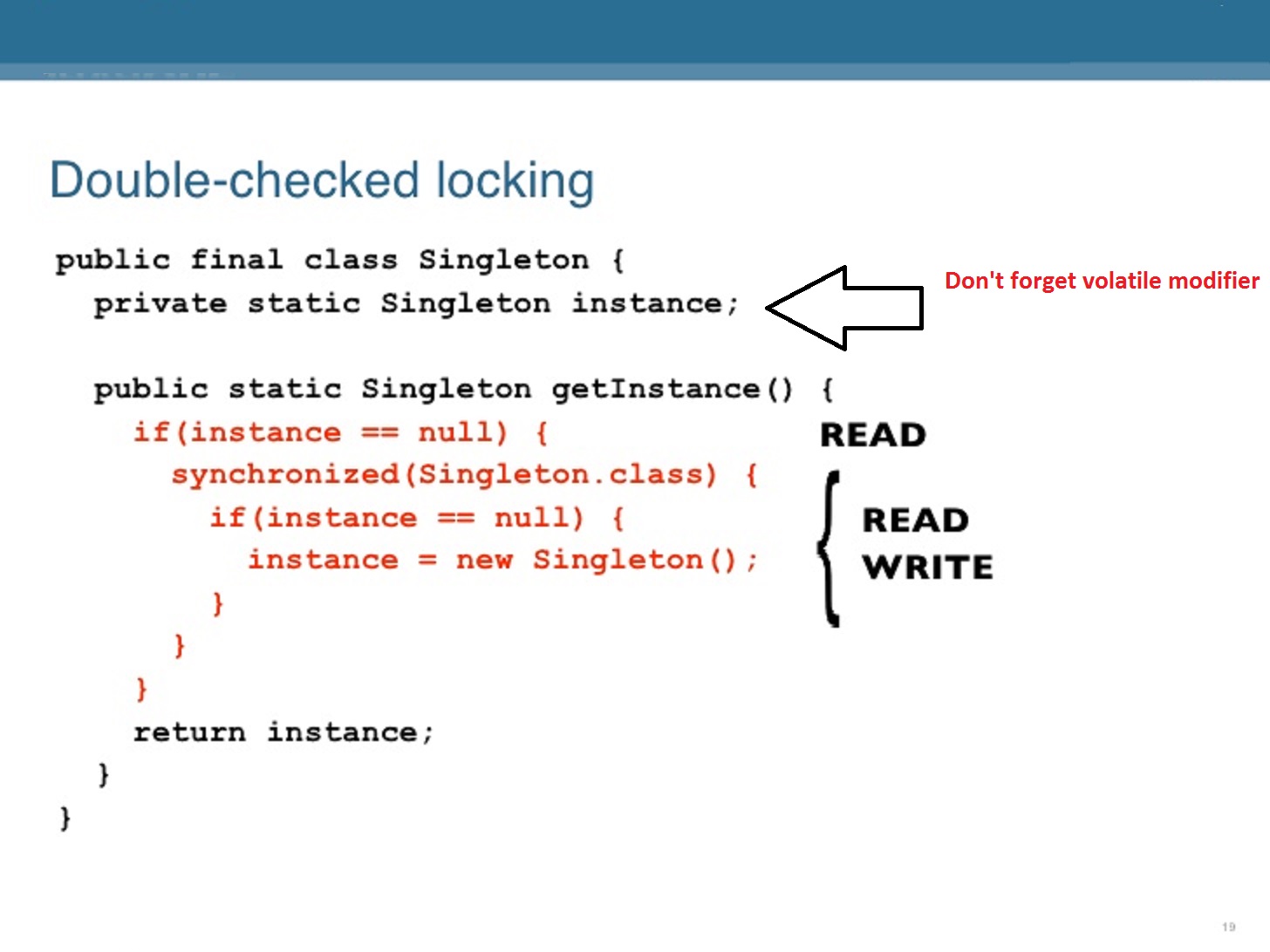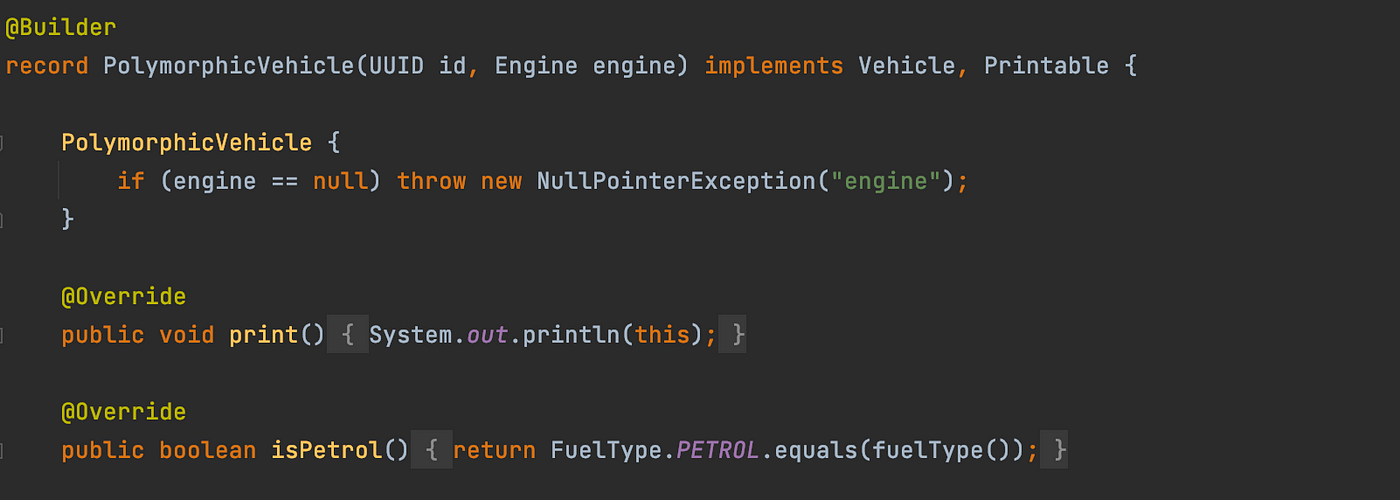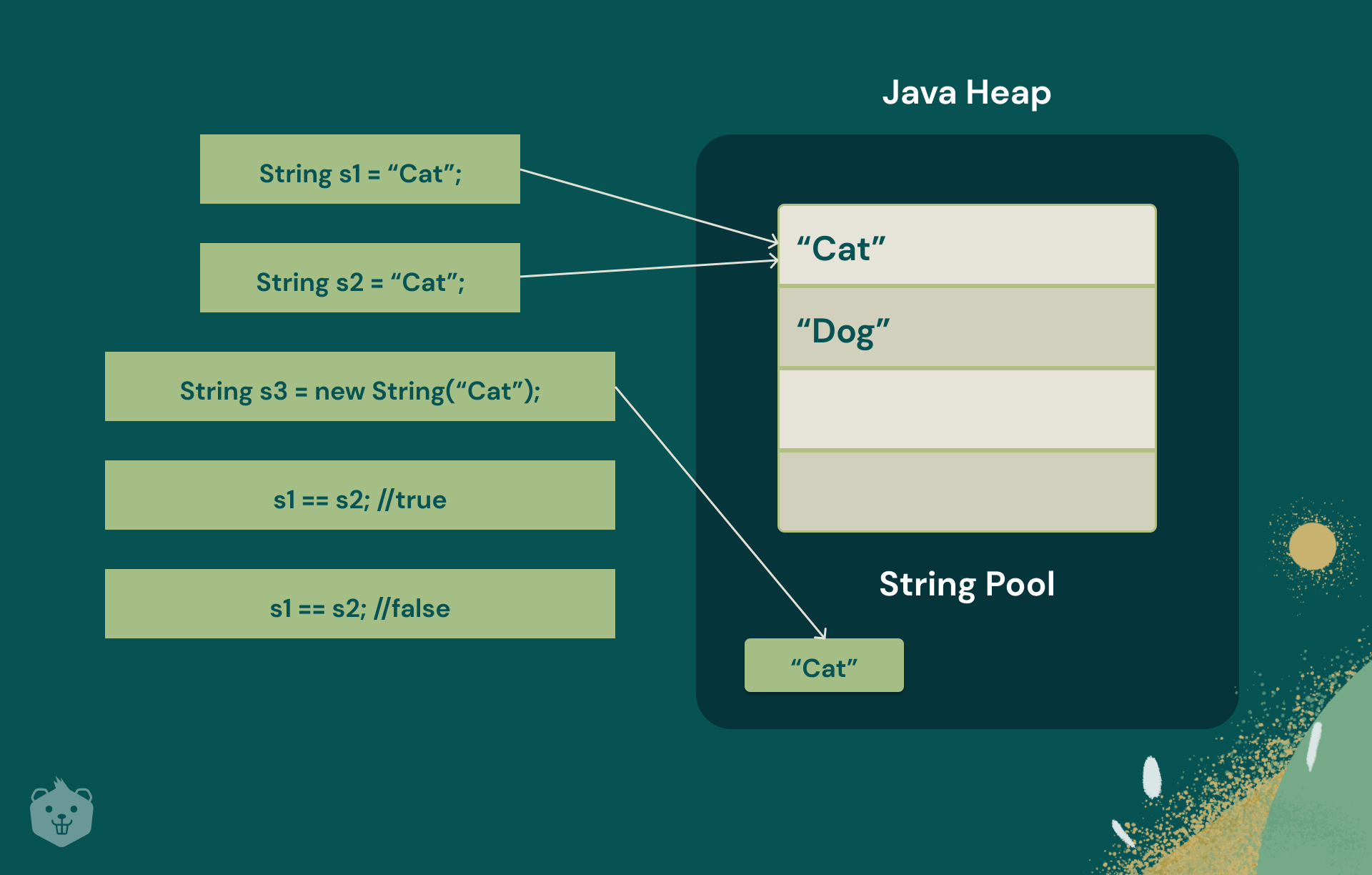Java job market 2024
Java job market 2024
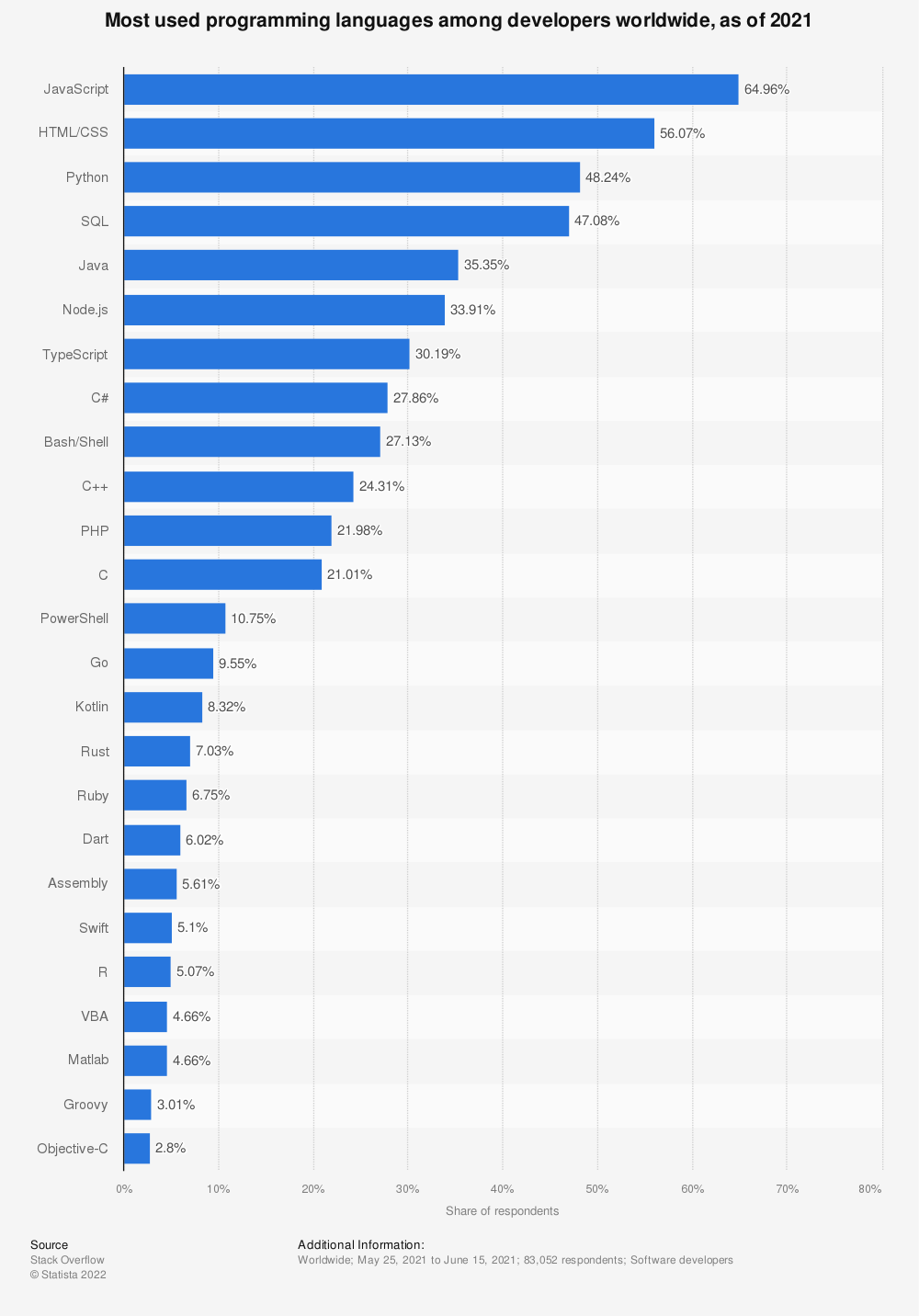
Java Job Market Outlook for 2024
As the world continues to adopt digital technologies at an unprecedented rate, the demand for skilled professionals in areas like software development, data analysis, and cloud computing is expected to surge. Within this landscape, Java remains a highly sought-after programming language, with its versatility, reliability, and scalability making it an ideal choice for various industries. In this report, we will delve into the Java job market trends and forecast the opportunities that await professionals in this field.
Growing Demand for Java Developers
The increasing adoption of cloud computing, artificial intelligence (AI), and machine learning (ML) has created a massive demand for skilled Java developers who can design and develop robust applications. According to various reports, the global demand for software developers is expected to grow by 21% from 2023 to 2025, with Java remaining one of the most in-demand programming languages.
Java Job Roles and Salaries
As the job market continues to evolve, new roles and specializations are emerging. Some of the most sought-after Java job roles include:
Full-Stack Java Developer: Average salary range: $90,000 - $120,000 per year. Cloud-Native Java Developer: Average salary range: $80,000 - $110,000 per year. Java Architect: Average salary range: $100,000 - $130,000 per year. Java Quality Assurance Engineer (QA): Average salary range: $70,000 - $90,000 per year.Industries with High Java Adoption Rates
Financial Services: Java is widely used in the financial services sector for building scalable and secure applications. Healthcare: Healthcare organizations are increasingly adopting Java-based solutions to streamline patient care and improve operational efficiency. E-commerce: Online shopping platforms rely heavily on Java-based systems for managing inventory, order processing, and customer engagement. Gaming: The gaming industry has seen significant growth in recent years, with many studios relying on Java-based game engines.Key Skills to Focus On
To stay competitive in the Java job market, professionals should focus on developing skills in:
Cloud computing (e.g., AWS, Azure, Google Cloud Platform) Artificial intelligence and machine learning Microservices architecture DevOps and continuous integration/continuous deployment (CI/CD) Containerization (e.g., Docker, Kubernetes)Conclusion
The Java job market is poised for significant growth in 2024, driven by the increasing adoption of cloud computing, AI, ML, and DevOps practices. Professionals with expertise in these areas will be in high demand across various industries. To stay ahead of the curve, it's essential to continuously update your skills and adapt to emerging trends.
Recommendations
Stay up-to-date with industry trends: Attend conferences, workshops, and online courses to stay current with Java technology advancements. Develop complementary skills: Focus on cloud computing, AI/ML, and DevOps practices to enhance your job prospects. Network and build relationships: Connect with peers and mentors in the Java community to stay informed about new opportunities and best practices.By understanding these trends and adapting to the changing landscape, you'll be well-positioned to capitalize on the growth opportunities that await you in the Java job market of 2024.
Is it worth learning JavaScript in 2024
The eternal question! In 2024, is it still worth learning JavaScript? Absolutely! Here's why:
JavaScript is the dominant language on the web: With over 90% of websites relying on JavaScript for client-side scripting, knowing this language will help you navigate the vast majority of online content. Moreover, many modern web applications and APIs are built using JavaScript-based frameworks like React, Angular, or Vue.js.
Job market demand: As the internet continues to evolve, the demand for skilled JavaScript developers remains strong. According to Indeed's 2023 report, JavaScript is one of the top three most in-demand programming languages, with job openings increasing by 15% year-over-year.
New opportunities in emerging technologies: JavaScript plays a crucial role in various emerging areas, such as:
WebAssembly (WASM): A binary instruction format that enables seamless interaction between JavaScript and native code. This allows for faster execution and improved security. Machine Learning (ML) and Artificial Intelligence (AI): Many popular ML/AI frameworks, like TensorFlow or Brain.js, have JavaScript bindings, making it easier to integrate AI-powered features into web applications. Internet of Things (IoT): As IoT devices become more prevalent, knowing JavaScript can help you develop innovative solutions for connected home appliances, wearables, or industrial control systems.Personal benefits: Learning JavaScript will also enhance your problem-solving skills, logical thinking, and overall programming abilities. These soft skills are valuable in various aspects of life, including career progression or side projects.
Staying relevant in the industry: The tech landscape is constantly evolving. By learning JavaScript, you'll gain a deeper understanding of modern web development practices, keeping you up-to-date with the latest technologies and frameworks.
Conclusion: In 2024, learning JavaScript is not only worthwhile but also essential for anyone looking to establish themselves in the web development space or leverage emerging technologies. With its versatility, job market demand, and personal benefits, mastering JavaScript will set you apart from others and open up new opportunities in the ever-changing tech landscape.
Would you like me to elaborate on any specific aspect?


